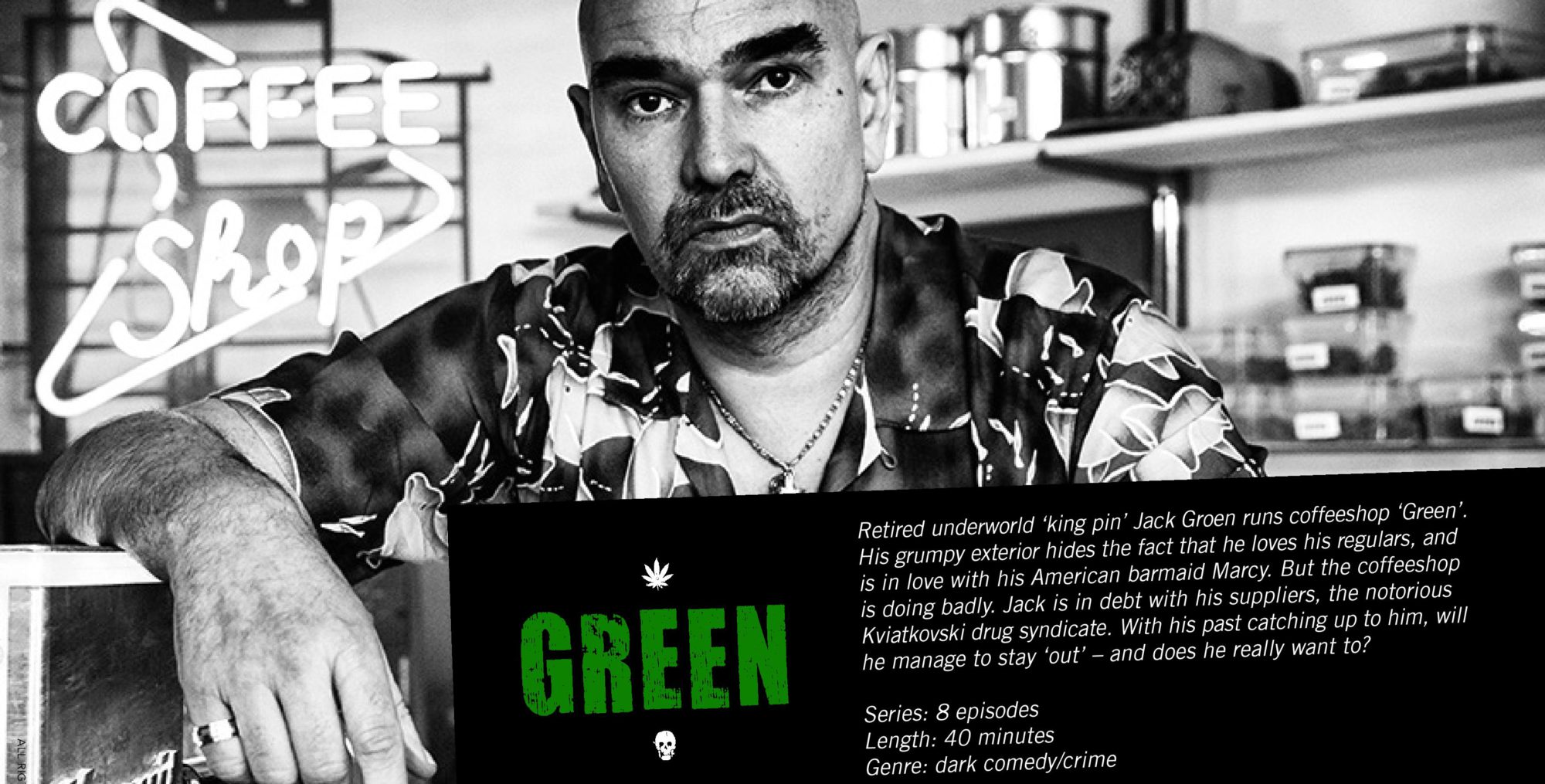Man: “Who’s Gustave H.?”
Gustave H.: “I’m afraid that’s me, darling.”
The Grand Budapest Hotel is a welcome return to best form by the genius Wes Anderson. Yes, dear friends I used the “G” word. His previous effort “Moonrise Kingdom” left me underwhelmed but in this amazing comedy caper Anderson’s craft is close to his masterpiece, “The Royal Tenenbaums”.
The movie is set largely at a prestigious hotel in a fictional middle European nation before the war. The hero’s are the concierge, Gustave H., portrayed with brilliant swagger bij Ralph Fiennes, and his trainee bell boy Zero, played with great charm by new revelation Tony Revolori. They are involved in a convoluted caper involving a inheritance, a rennaissance painting, love, war and that great hotel on the hill.
The further cast is a veritable who’s who of Hollywood character talent. Obviously eager to give Wes their very best. A special shout must go to Jeff Goldblum for his portrayal of lawyer Kovac.
The story defies many rules of screenwriting, with heady voiceover, a convoluted story structure and a mix of humor and violence that writers are often counselled to avoid. But mr. A. has really pulled it all together. The movie offers a truly convincing balance of romanticism, a yearning for a glorious pre war era that may in fact, never have existed, humor, and action. It is easily Anderson’s most tightly plotted film.
GBH (also short for grevious bodily harm, of which there’s quite a lot in this film) is a visual spectacle. Never before has Anderson pulled out the stops to this degree. Shades of Monty Python, with certain scenes rendered in colourful animation.
The locations will leave you breathless in their design, both colourful and amazingly detailed. For example in the beginning of the movie we see the great Hotel, once opulent and stylish now reduced to a 70’s hell, complete with a plethora of signs on the walls with instructions, directions and prohibitions. I would love to see the movie again just to take in more of the backgrounds of practically every scene.
Yet, and this is where the film truly stands out, all the visual bravado and pomp never gets in the way of the characters. They feel truly human in their hopes and dreams, strengths and weaknesses. This is a great improvement over Moonrise Kingdom which at times felt like an exercise in esthetics rather than a movie about people…
In short, please go and see this movie.
